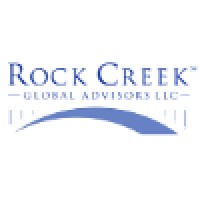
Carnegie UK
At Carnegie UK we’re all about wellbeing. We have been ever since we were set up over 100 years ago. Wellbeing has meant different things to different generations. Right now, the world around us is changing in ways that mean it is time to rethink how we help people to live well together. This is what ‘wellbeing’ means to us today. It is about everyone having what they need to live well now and in the future. Looking after the wellbeing of all citizens – our collective wellbeing – is a powerful way of creating a society where everyone can live well together.






